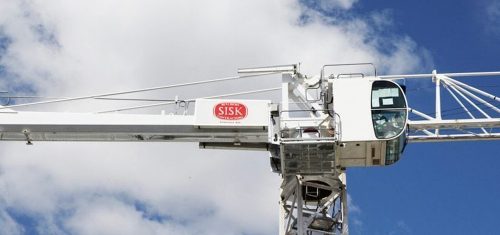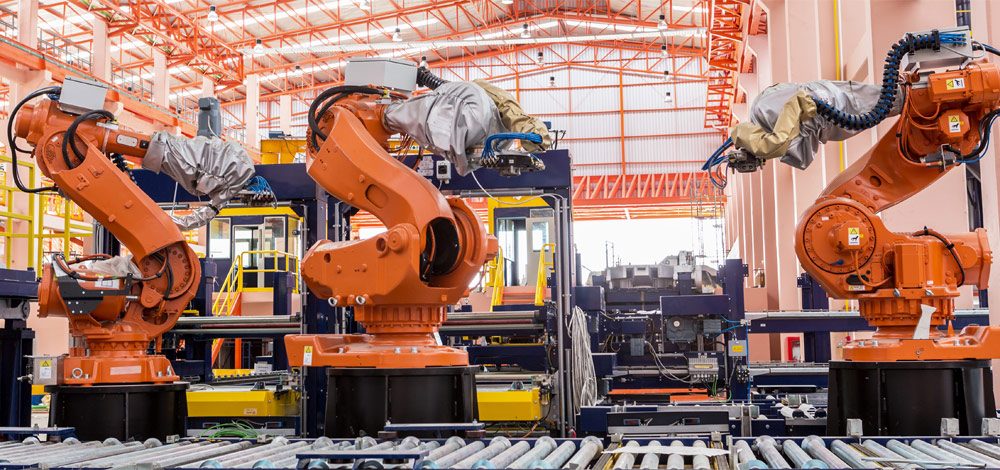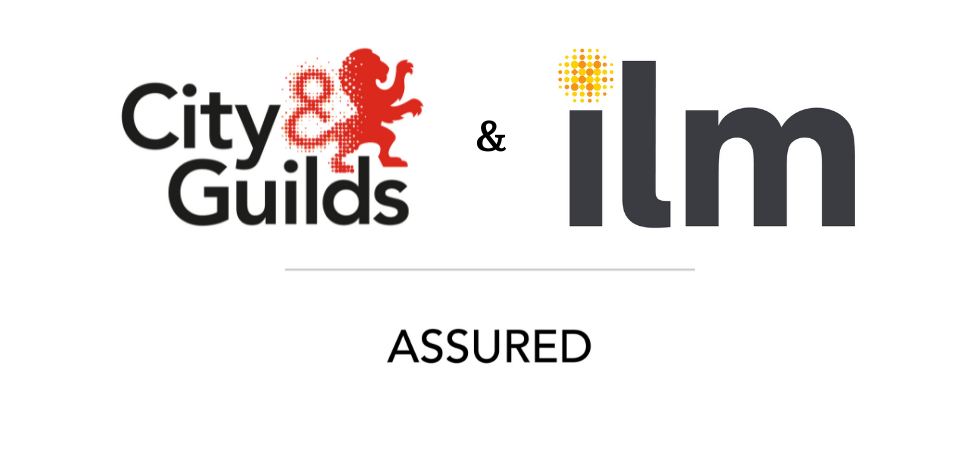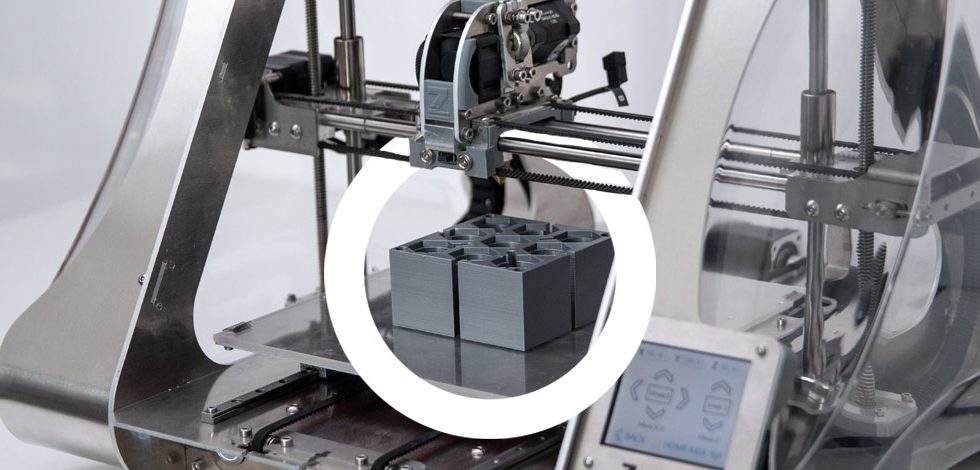By utilising data collected from various parts of its machinery, an Intelligent Maintenance System (IMS) can analyse the machine’s behaviour, predict when parts or processes might fail, and automatically make preventative changes.
IMS makes use of data and decision support tools to determine and put a stop to failure of the machines. Analysing this behaviour is made possible through advanced sensors and data storage/transfer capabilities. What was once just an idea has now become a reality, as this virtual workforce is taking on a key role within modern manufacturing.
With Intelligent Maintenance System’s ability to perform tasks we humans would rather not do (such as complex maintenance and repair), and their capacity to store huge amounts of data, the human workforce is given more time to explore and be creative.
IMS in industry
IMS makes use of the latest sophisticated controls and sensors on individual machines, connecting them to highlevel software that enables managers and supervisors to interrogate the operational performance of the equipment on the factory’s shop floor. In this way, potential faults can be identified using predictive analytical techniques before machinery breaks down, with the associated costs of lost production. This is particularly important for critical items of plant within factories. The latest systems even permit equipment to be monitored remotely, thereby optimising the effectiveness of skilled maintenance engineers who are in increasingly short supply.
IMS – also known as ‘smart’ manufacturing – requires certain underpinning technologies in order to enable devices or machines to vary their behaviours in response to different situations and requirements, based on past experience and learning capacities.
These technologies enable direct communication with manufacturing systems, thereby allowing problems to be solved and adaptive decisions to be made in a timely fashion. Some technologies also have AI, which allow manufacturing systems to learn from experience and thereby create an intelligent manufacturing environment. Major players, such as Amazon, Google and Microsoft, are all in a race to create the first self-learning AI systems based on neural network technologies to improve machine learning, providing this as a service (MLaaS) to manufacturers and other enterprises.
Forward Thinking
Suppliers of PLCs, such as Rockwell Automation, Siemens, Hitachi and Mitsubishi, are also at the forefront of developments in this area. They work with car manufacturers such as Toyota and Nissan, as well as those in other areas of manufacturing, including food, drink and pharmaceuticals, and with the oil, gas and petrochemical sectors.
Toyota and Hitachi have entered into a partnership to implement a smart manufacturing system in Toyota’s manufacturing plants based on Hitachi’s Lumada IoT platform technology. This uses AI to take mountains of data and transform it into useful information and insights to help with critical decision-making and predicative analysis.
In the aircraft sector, Airbus has been developing an AI system to help it design and 3D-print fuselage components. Working with Autodesk Research, it used ‘generative design’ software, which mimics nature’s evolutionary approach (in this case, slime mould and mammal bones) to test and refine millions of configurations before arriving at its ‘bionic partition’. An apparently random lattice structure of metal alloy (also developed in-house), this offers optimal lightness and strength with minimal material use for the more efficient jetliners of the future.
The initial cost of implementing IMS and AI is likely to be a barrier for many companies. Manufacturers need to demonstrate a clear return on investment, though the potential rewards from getting it right – in terms of efficiency, effectiveness and competitive advantage – are significant.
For more trends in Industry 4.0, download your copy of “Re-tooling industry for the digital age” here:












